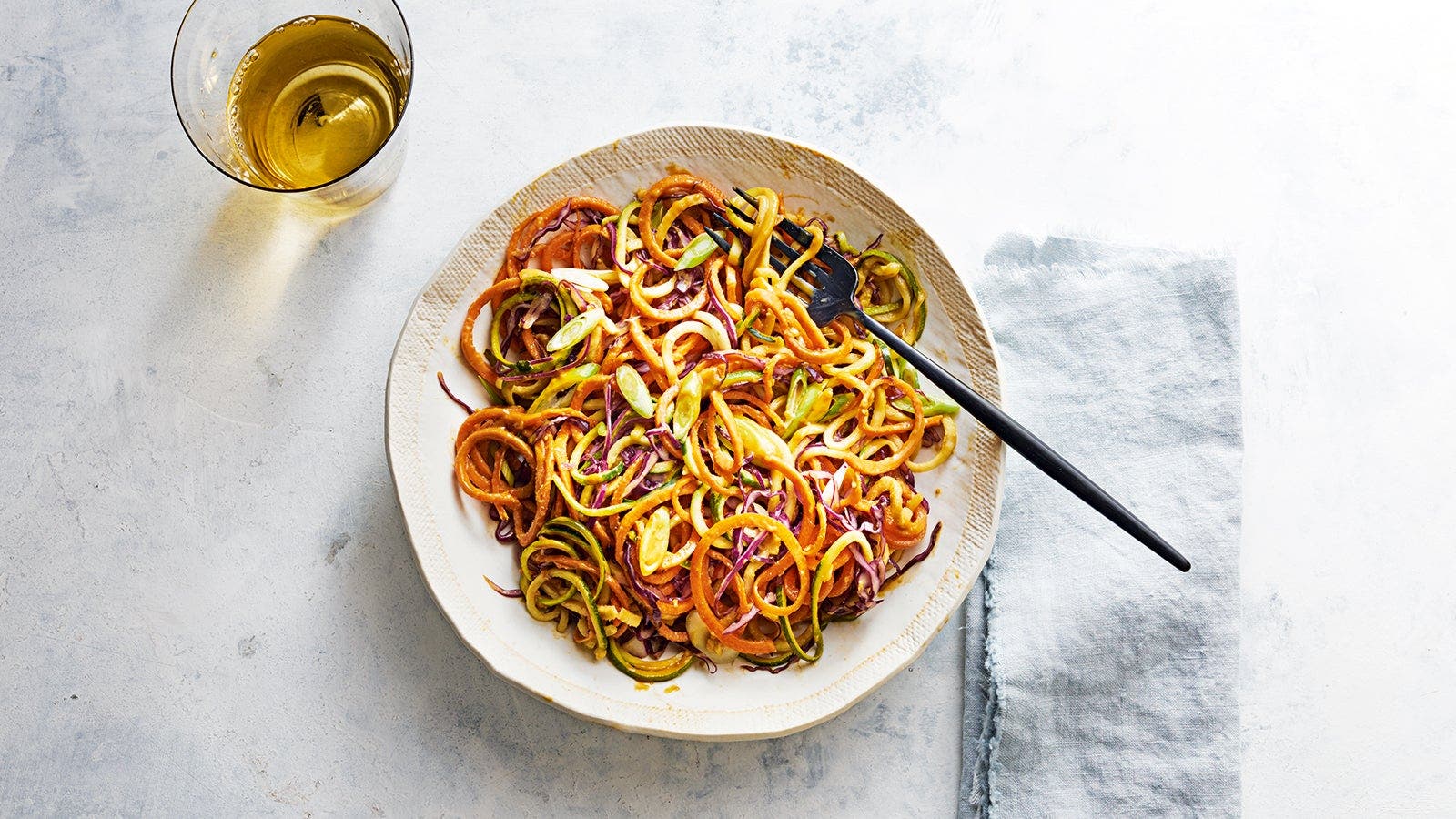Following a vegan diet


What is a vegan diet?
"The popularity of the vegan diet has definitely increased over the last couple of years, largely due to social media and the incredible food photography proving plant-based eating isn't boring,” accredited practising dietitian Georgia Bevan says. “More people are opting to eat more plants and avoid animal-based products. Due to this demand cafes, restaurants and supermarkets are providing more options than ever.”
The vegan diet excludes all animal products, including meat, dairy, eggs, and honey. Followers may choose a vegan diet based on their values and/or for health reasons.
There’s a growing trend towards veganism for health, environmental and animal welfare reasons. A vegan diet is the strictest sub-set of the vegetarian diet, and followers eat only plant-based foods. As well as no meat, fish or eggs, it also means no animal by-products, such as gelatin, a common thickener, or rennet used in cheese making.
Benefits of a plant-based diet
“A vegan diet may be naturally lower in cholesterol and saturated fat, therefore the risk of many diseases, in particular, those related to the heart, is significantly reduced.” Olivia Bates says, accredited practising dietitian. A vegan diet also has a lower environmental impact than meat-based diets.
Research indicates that following a vegetarian diet may reduce the risk of chronic illnesses such as heart disease, some cancers and type 2 diabetes. It may even result in longer life expectancy as well.
Nutritional considerations and deficiencies
While we should all aim to include more plant-based foods in our diet, Bevan says it’s important to be aware of nutritional deficiencies when following a vegan diet. “Some nutrients to keep an eye on are iron, vitamin B12, and calcium,” she says.
Although a vegan diet can meet current recommendations for all nutrients, it requires a good knowledge of food and health to ensure levels of vitamin B12, iron, zinc, calcium, and omega-3s are being met. For example, a vegan diet should include plenty of nuts and seeds to reach the recommended level of omega-3s. However, plant-based omega-3s are not as potent as marine sources. For vitamin B12, which is found almost exclusively in animal foods, vegans may need fortified foods or supplements.
Is a vegan diet healthy?
Although a special effort may be needed to get certain vitamins and minerals, where supplements may need to be considered to meet the recommended daily intake of vitamin B12, you can still meet your nutritional requirements with a well-planned vegan diet.
Planning your meals around plant-based protein sources, such as tofu and legumes is a great way to incorprate iron, zinc and some calcium into your diet. Wholegrains are also a source of protein, iron, and zinc, and some products are enriched with calcium or can be eaten with a calcium-fortified plant-based milk.
Dark leafy vegetables are rich in micronutrients so be sure to incorporate them into your diet for a balance of nutrients. Eating foods high in vitamin C (such as tomatoes, capsicum, and strawberries) at each meal will help your body absorb the iron from plant-based foods, which isn't as available to our bodies as the form of iron found in meat.
We love our vegetables here at WeightWatchers®, so be sure to check out our hearty and flavoursome vegan meals and snacks below and on the app for endless inspiration.
